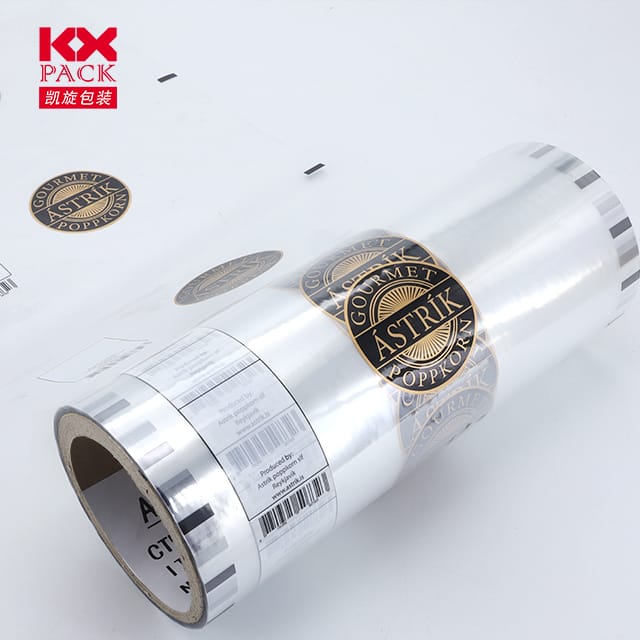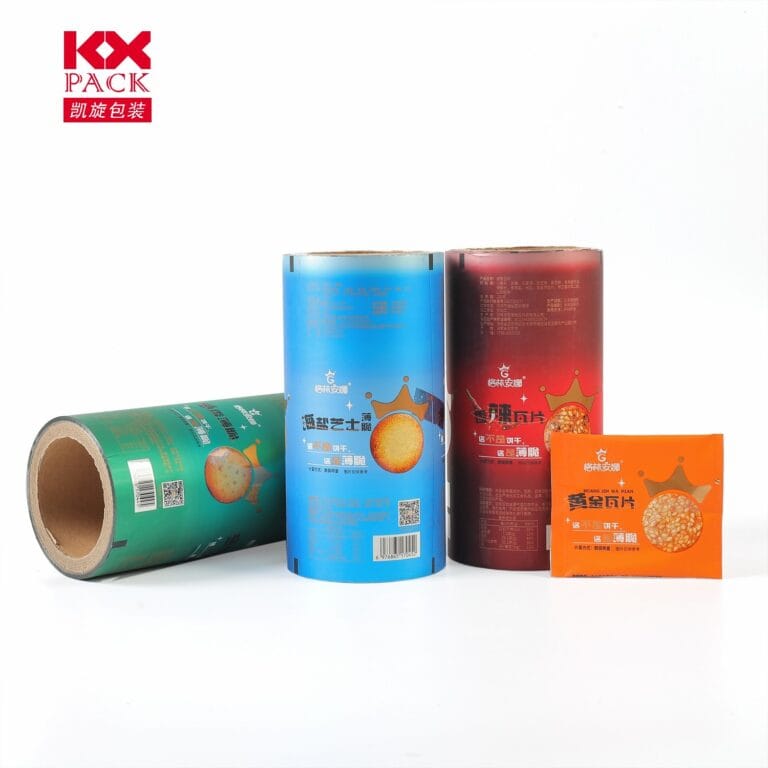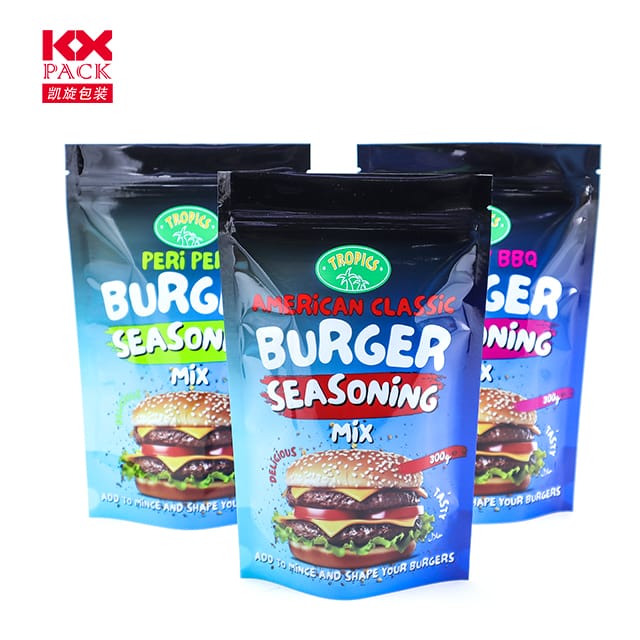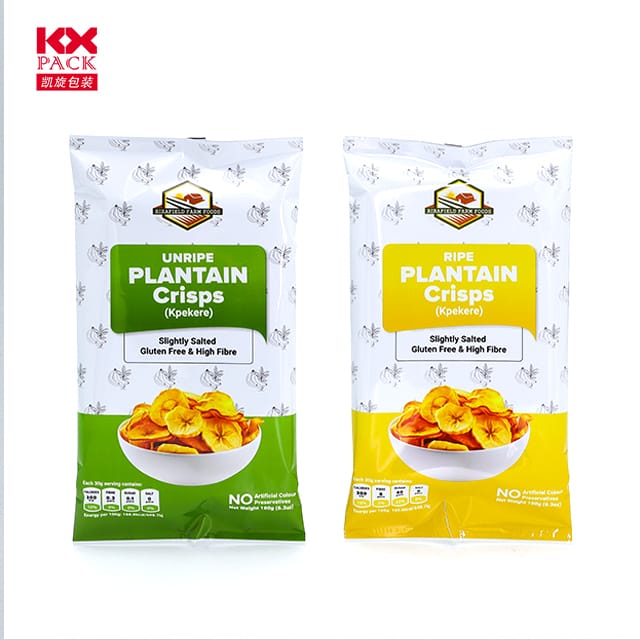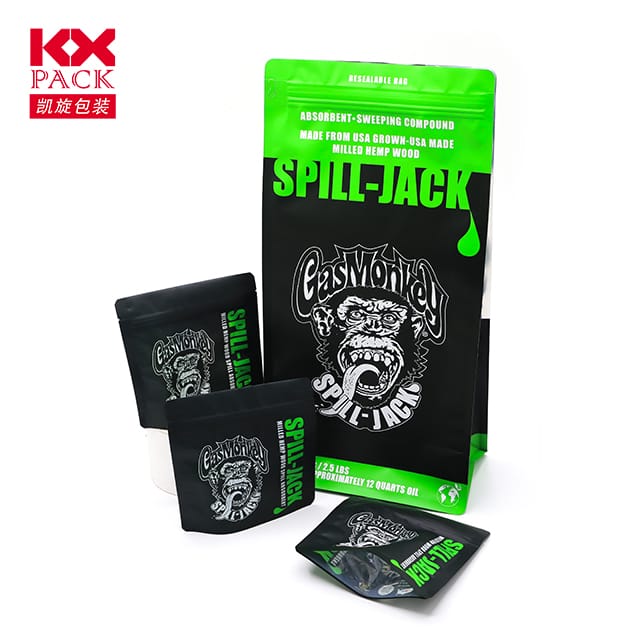Ostateczny przewodnik po owijaniu filmu do jedzenia: Bezpieczeństwo, Zrównoważony rozwój, i inteligentne przechowywanie
Film do jedzenia
W kuchni na całym świecie, Film do jedzenia (Znany również jako film Cling, Plastikowe opakowanie, lub opakowanie jedzenia) jest skromnym, ale niezbędnym narzędziem. Czy zachowujesz resztki, Z wyprzedzeniem przygotowywanie posiłków, lub zachowanie świeżych składników, Właściwy film do pakowania może mieć różnicę. Ale z rosnącymi obawami dotyczącymi odpadów z tworzyw sztucznych i bezpieczeństwa chemicznego, Jak wybrać najlepszą opcję? Rozwijajmy fakty dotyczące filmów z owinięciem żywności i odkryjmy, jak mądrze je używać na zdrowszej planecie i spiżarni.
1. Co to jest film do jedzenia?
Film z owinięcia jedzenia jest cienki, Elastyczna plastikowa arkusz zaprojektowany do tworzenia szczelnej uszczelki wokół produktów spożywczych. Jego podstawowe cele obejmują:
- Zapobieganie psucie Blokowanie powietrza i wilgoci.
- Unikanie zanieczyszczenia krzyżowego między żywnością.
- Utrzymanie smaku i konsystencji w przechowywanych przedmiotach.
Większość filmów komercyjnych jest wykonana zpolietylen (PE), bezpieczny i szeroko recyklingowy plastik. Jednakże, niektóre starsze lub tańsze odmiany mogą zawieraćChlorek poliwinylu (PVC), które mogą wypłukać szkodliwe chemikalia, takie jak ftalany - szczególnie po podgrzaniu.
2. Rodzaje filmów dotyczących jedzenia: Który wybrać?
Nie wszystkie Film do jedzenia są tworzone równe. Oto podział wspólnych opcji:
A. Standardowe opakowanie plastikowe (PE)
- Profesjonaliści: Przystępny, przezroczysty, i przylega dobrze do powierzchni.
- Wady: Jednorazowe i nie zawsze recyklingowe.
- Najlepsze dla: Krótkoterminowe przechowywanie suchej lub chłodnej żywności (NP., kanapki, ser).
B. OPinowanie bez PCV
- Profesjonaliści: Bezpieczniejszy dla zdrowia (bez ftalanów), często grubsze i trwałe.
- Wady: Nieco droższe niż standardowe opcje.
- Najlepsze dla: Rodziny z dziećmi lub unikającymi syntetycznych chemikaliów.
C. Opakowanie biodegradowalne/kompostowalne
- Profesjonaliści: Wykonane z materiałów na bazie roślin (NP., Skrobia kukurydziana), rozkłada się naturalnie.
- Wady: Mniej przywiązane, nie może uszczelnić tak mocno; często wymaga kompostowania przemysłowego.
- Najlepsze dla: Ekologiczne gospodarstwa domowe gotowe zapłacić składkę.
D. Wielokrotnego użytku silikonowego pokarmowe pokarmowe
- Profesjonaliści: Zmywalny, wytrzymały, i odporne na ciepło (Bezpieczne dla mikrofalów/piekarników).
- Wady: Barwszy niż plastikowy opakowanie; nie jest idealny do owijania nieregularnych kształtów.
- Najlepsze dla: Pokrywające miski, patelnie, lub duże produkty.
3. Jak bezpiecznie i skutecznie korzystać z folii pakowania
- Unikaj plastikowej opakowania mikrofalowego: Ciepło może powodować, że chemikalia wypłukuje się w żywność. Użyj pokrowców bezpiecznych mikrofalowych lub przełącz na silikon.
- Nie używaj ponownie filmu jednorazowego użytku: Rozdarte lub rozciągnięte opakowanie traci pieczęć i może zawierać bakterie.
- Zajmuj jedzenie: Naciśnij film bezpośrednio na powierzchnię pokarmu, aby zminimalizować ekspozycję na powietrze.
- Przechowywać prawidłowo: Zachowaj film w spokoju, suche miejsce z dala od światła słonecznego, aby zapobiec degradacji.
4. Przyjazne dla środowiska alternatywy dla tradycyjnego plastikowego opakowania
Zaniepokojenie zanieczyszczeniem tworzyw sztucznych? Wypróbuj te zrównoważone swapy:
- Pażeń pszczeli: Wielokrotnego użytku, kompostowalny, i idealny do owijania sera, chleb, lub warzywa.
- Pokrowce tkaniny: Lekkie bawełniane lub lniane okłady z wodoodporną podszewką.
- Szklane pojemniki: Szczelne i nieskończenie wielokrotne użycie (Idealne na przygotowanie posiłków).
- Folia aluminiowa: Recyklingowe i odporne na ciepło, choć nie tak przezroczysty jak plastik.
5. Przyszłość owijania żywności: Innowacje do oglądania
Przemysł opakowań szybko się rozwija, aby zaspokoić wymagania dotyczące zrównoważonego rozwoju. Spodziewaj się:
- Filmy jadalne: Wykonane z wodorostów lub skrobi, Te okłady można jeść lub kompostować.
- Inteligentne opakowanie: Filmy osadzone czujnikami w celu wykrywania świeżości lub zepsucia żywności.
- Rozpuszczalne w wodzie opakowania: Rozpuszczaj się nieszkodliwie w wodzie, Zmniejszenie odpadów.
Wniosek: Owinąć mądry, Żyj bardziej ekologicznie
Film do jedzenia to podstawa kuchenna, Ale jego wpływ na środowisko wymaga uważnych wyborów. Wybierając wolne od PVC, ulegające biodegradacji, lub alternatywy wielokrotnego użytku, Możesz zachować świeżość żywności, jednocześnie chroniąc planetę. Pamiętać: Najlepsze opakowanie nie zawsze jest plastikowe - czasami, innowacje i kreatywność oferują bezpieczniejsze, mądrzejsze rozwiązania.
Gotowy do przemyślenia przechowywania żywności? Podziel się swoimi ulubionymi ekologicznymi hackami lub oznacz znajomego, który próbuje zmniejszyć użycie plastiku! 🌱🍴
Słowa kluczowe: Film do jedzenia, Plastikowe opakowanie, Film przylegający, przechowywanie żywności, Zrównoważone opakowanie, Ekologiczna kuchnia


